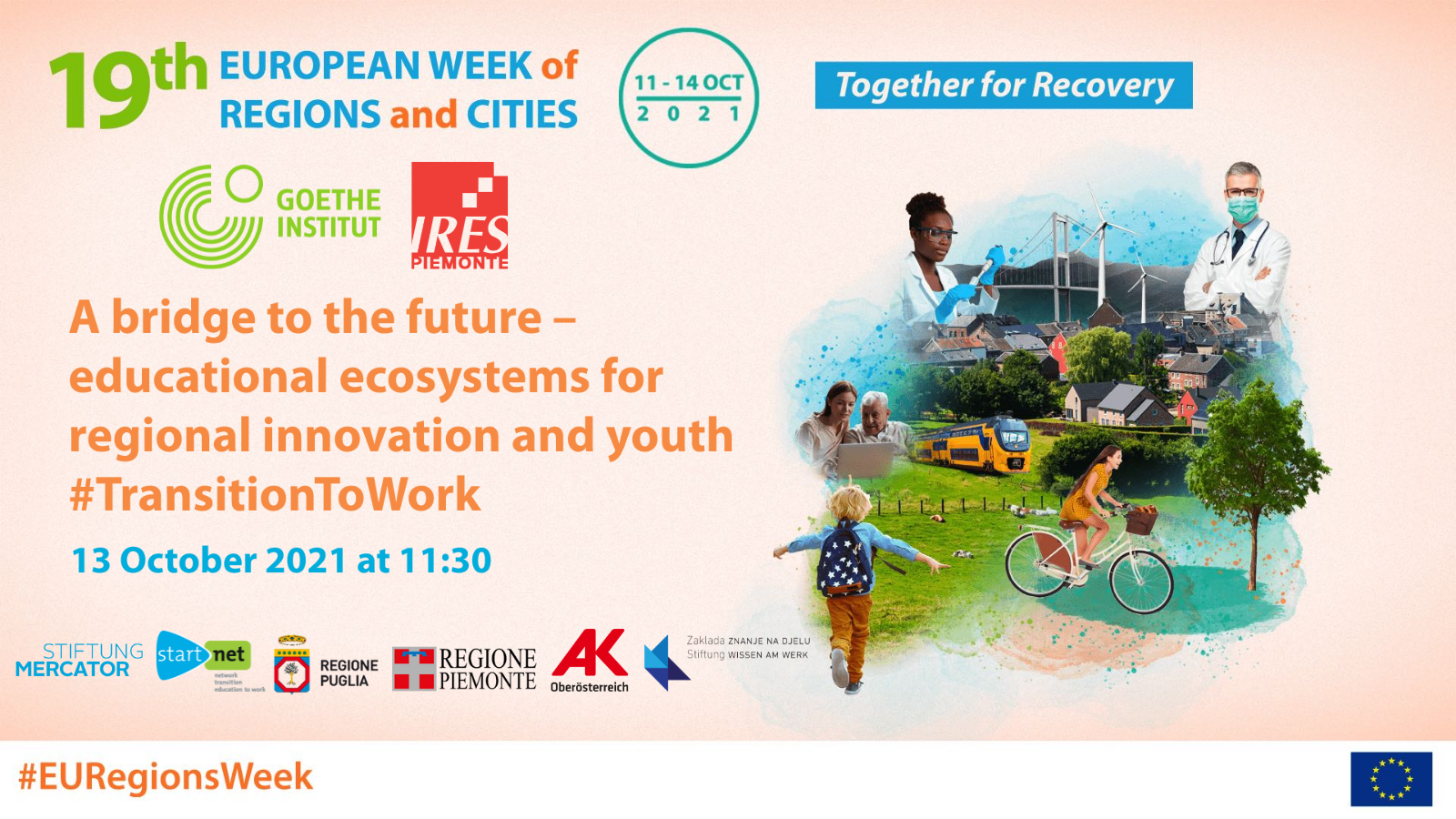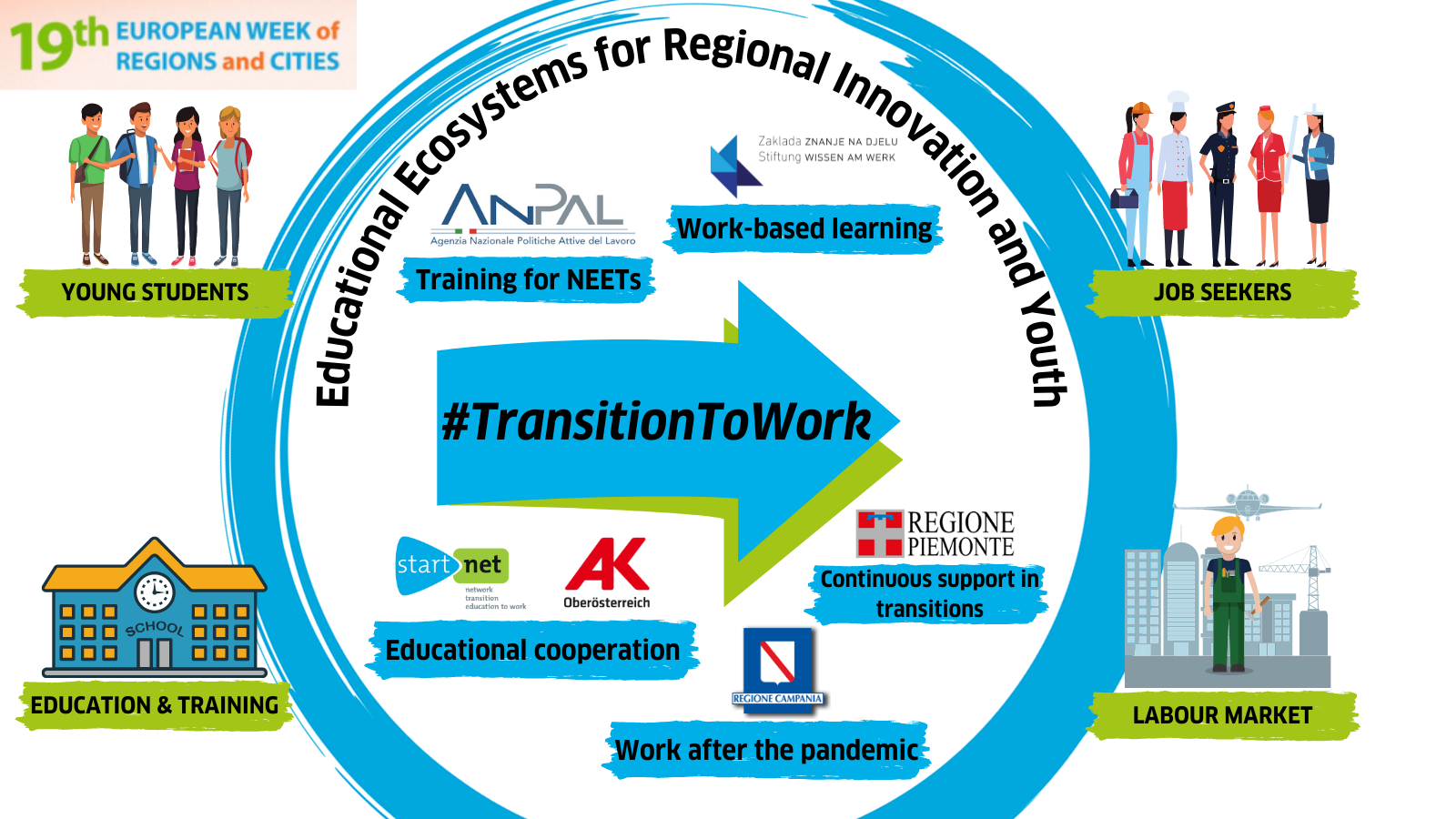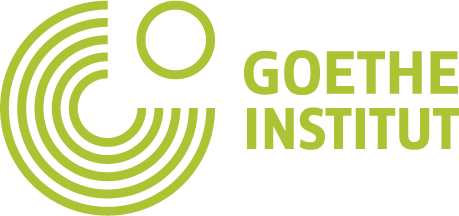How can we provide skills for the future, boost local innovation and a post-pandemic recovery? How can educational ecosystems create opportunities for young people’s transition to work and empower work forces for labour markets dominated by continuous change?
Those were some of the questions discussed during the workshop on 13 October 2021 at the European Week of Regions and Cities hosted by the Goethe-Institut, Piedmont and Apulia regions, Znanje na Djelu from Croatia, the Chamber of Labour Upper Austria and IRES Piemonte.
For the fourth year in a row, StartNet participated in the EU Regions Week to share its experience with practitioners and policy-makers all across Europe.
Cross-sectoral projects from Austria, Croatia, Apulia and Piedmont regions in Italy illustrated how accomplishing educational ecosystems results in better opportunities for young people, local innovation and increased outreach to disadvantaged groups. The Youth Network in Upper Austria as well as StartNet connect and empower educational stakeholders for youth transitions, resulting for example in the creation of toolkits, orientation-apps or the Or.Co project. The PRO-Youth project in Croatia is about local work based learning for cultural tourism. The key to success is the peer to peer engagement with genuine interest in the other.
Sebastiano Leo, Minister for Education and Labour of Apulia stressed that the work for educational eco-systems with StartNet is a priority for future programmes. “We need to work together in networks, to share our best practices and to involve employers”.
Indeed, such regional cooperation across sectors requires specific political support. Educational innovation with more project-based learning, opening schools to other stakeholders, facilitating public private partnerships and non-formal learning are as important as reinforced career guidance. Moreover, as young people have been hit particularly hard during the COVID-19 pandemic, their financial, social and mental support is essential for an inclusive recovery.
You can (re)watch the recording of the session here in English or in the original version.
And you find additional material from the speakers below.








